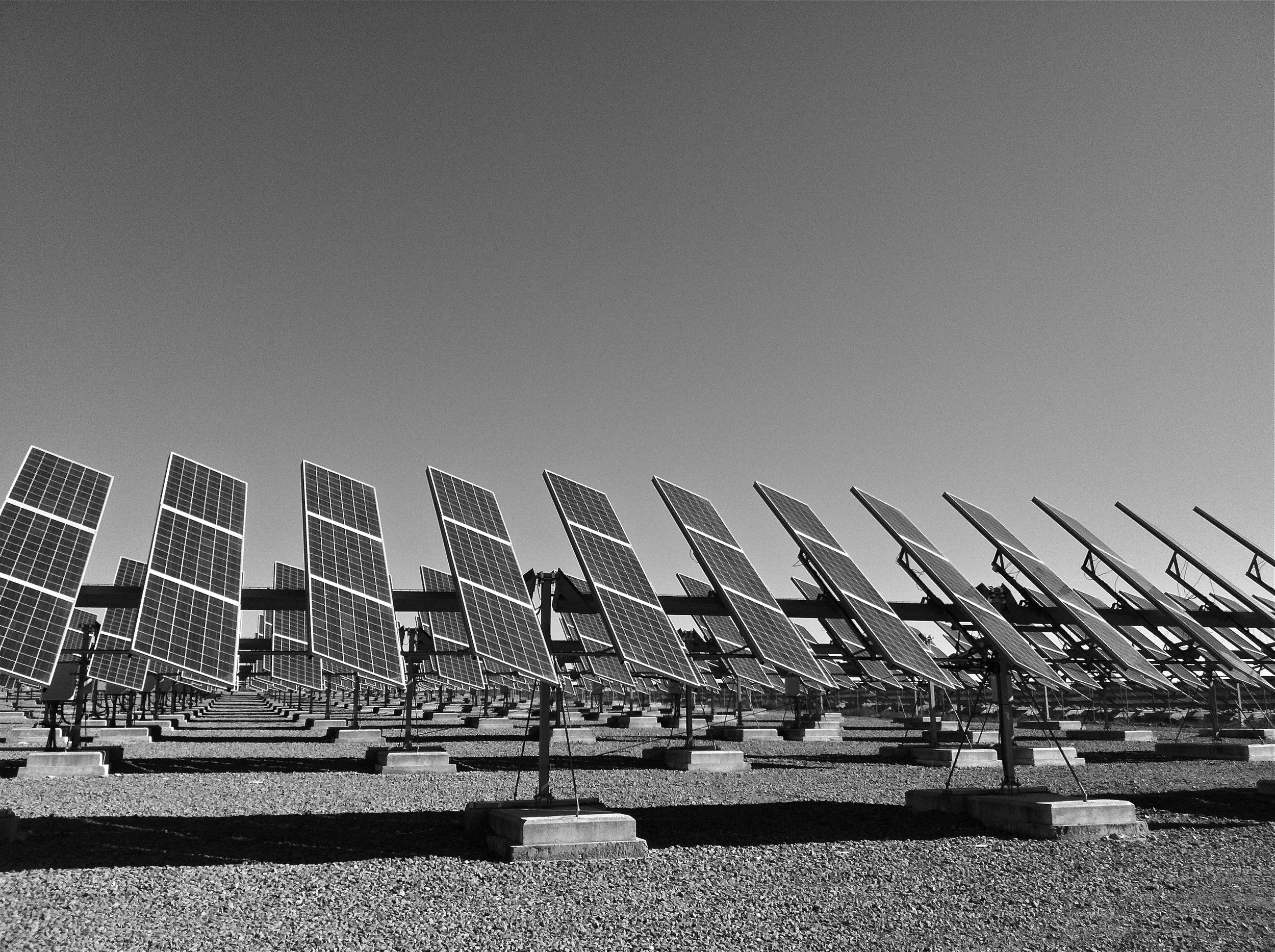U.S. Renewables Under Attack
The tax bills passed by the House of Representatives and the Senate do more than affect real estate, income taxes and inheritance.
The clean power sector is under attack in the House and Senate tax bills. Though each bill uses slightly different mechanisms to undermine the clean energy industries, measures in both bills are expected to have dramatic effects and undercut investment in and the economic vibrancy of the industries.
Inside Climate News runs through the differences between the bills, which must be reconciled in a final joint bill. Here's what's clear and consistent in the two:
The bills favor traditional and polluting energy resources including oil, gas, and nuclear over renewable resources. Bloomberg Markets discusses how the cut of the corporate tax rate undermines clean energy investment, and would disrupt how large solar and wind farms are currently financed.
The bills further tip the economic scale in favor of fossil fuels, creating an all the more uneven playing field for new and alternative energy technologies and companies. They do this via several clauses. The Senate bill opens the Arctic National Wildlife Refuge for oil and gas companies to drill there and lifts a ban on crude oil exports. The House bill ends the tax credit for electric vehicles, and retroactively changes the tax credit qualifications for solar and wind developers. It also extends nuclear tax credits, while ramping down solar and wind tax credits. And these are just a couple of the highlights of the damage.
The NYTimes reports this week on how the GOP Tax Bill Could Curtail Renewable growth, and the WSJ adds commentary on the threat the Senate bill poses to the industry and investment in it. On the whole, the industries are looking at serious upheaval and unnecessary disruption.
Investment in utility scale solar farms, like this one shown here, is likely to be seriously disrupted and compromised by the U.S. 2017 tax bill, which is slated to be voted on in late 2017 or early 2018. Greentech Media is tracking where the bill is and the impact of the changes on clean tech and renewables.
why is clean energy is important to the U.S.?
1. Jobs
I'm the first one to say that power plants should not necessarily be kept open for the jobs they create. But the clean energy industry is providing low-carbon energy and putting Americans to work. As is, low carbon sources of power generation such as wind and solar are growing quickly and employing Americans in various states. The solar industry grew at a rate 12x that of the U.S. economy. This year the wind industry surpassed 100,00 jobs. The solar industry saw a 25% increase in jobs in 2016, and now employs over 260,000 Americans.
With the electrification of U.S. energy uses, and with a grid powered by 100% renewables, the low carbon or clean energy economy is expected to produce 2 million net full-time jobs in the long term.
(Watch the full interview here, and subscribe to the Electric America YouTube Channel).
2. Clean Air: Number of deaths linked to air pollution in the U.S. outpaces Deaths from Drug Overdoses
Research presented at the 2016 conference of the American Association for the Advancement of Science reported 80,000 annual premature deaths linked to air pollution in the United States. That number is higher than the 64,000 Americans that died from drug overdoses according to 2016 CDC estimates. Deaths linked to air pollution are entirely preventable. Investment in clean energy means less pollution from electricity production and fewer Americans lost.
3. Slow global temperature rise, stymie some effects of climate change, such as more frequent and more extreme weather events.
Electricity production is the single largest source of U.S. greenhouse gas emissions. According to 2015 data, 29% of all U.S. emissions are from electricity and heat production (up from 25% in 2010). About 67% of power generated in the United States is derived from burning fossil fuels. Accelerating the transition to a grid powered by clean energy is critical to addressing the warming of the planet, and the effects that cities face.
What you Can do Today:
Speak up!
- Tweet this story using the share icon below, or any other stories linked in this piece.
- Call your Congressman- the wind industry makes it easy to get in touch about this issue.
- Thoughts on all this? Comment below!
